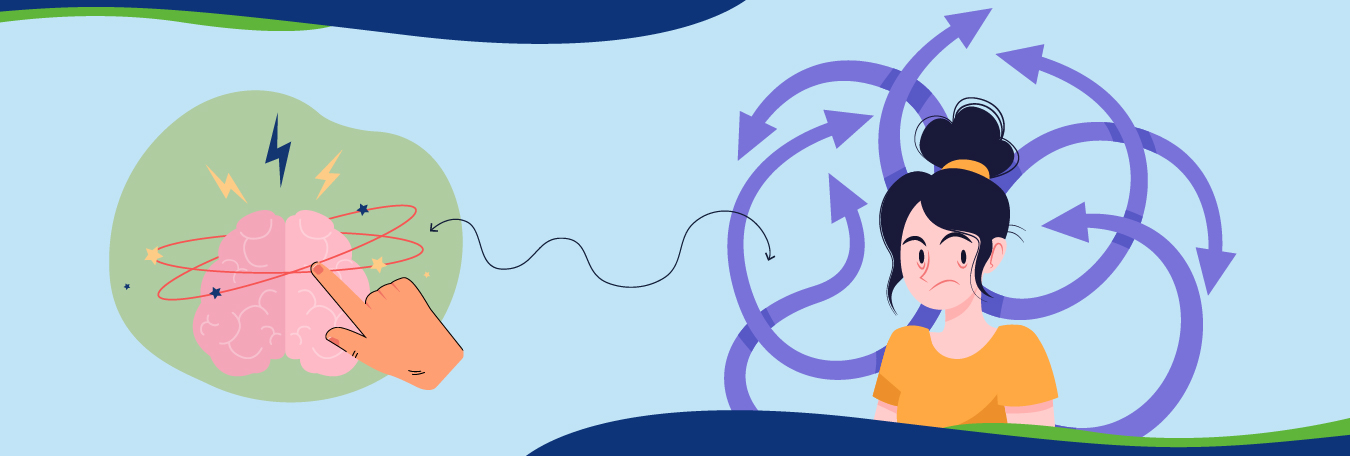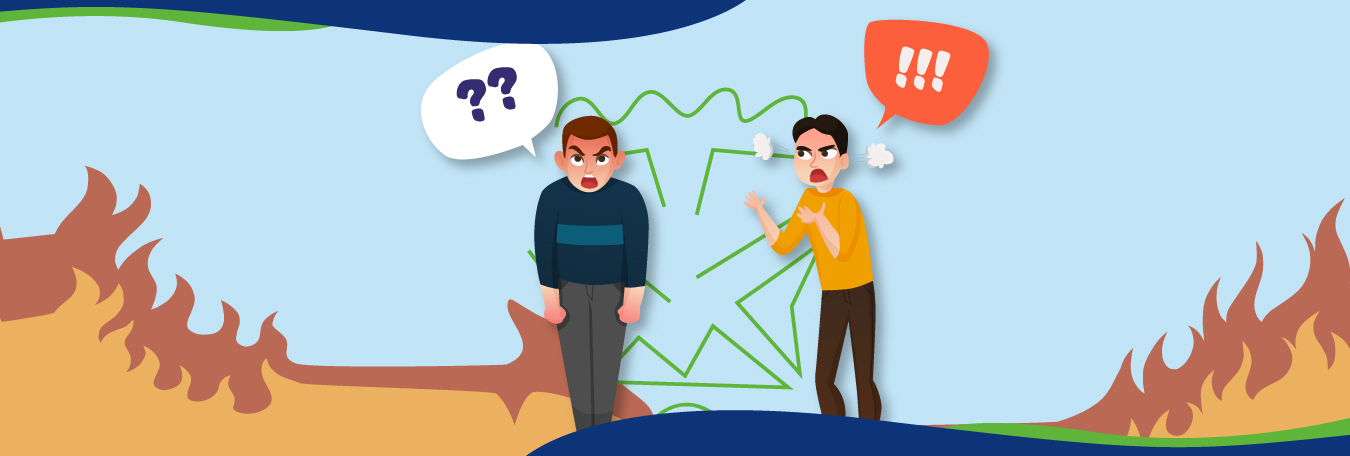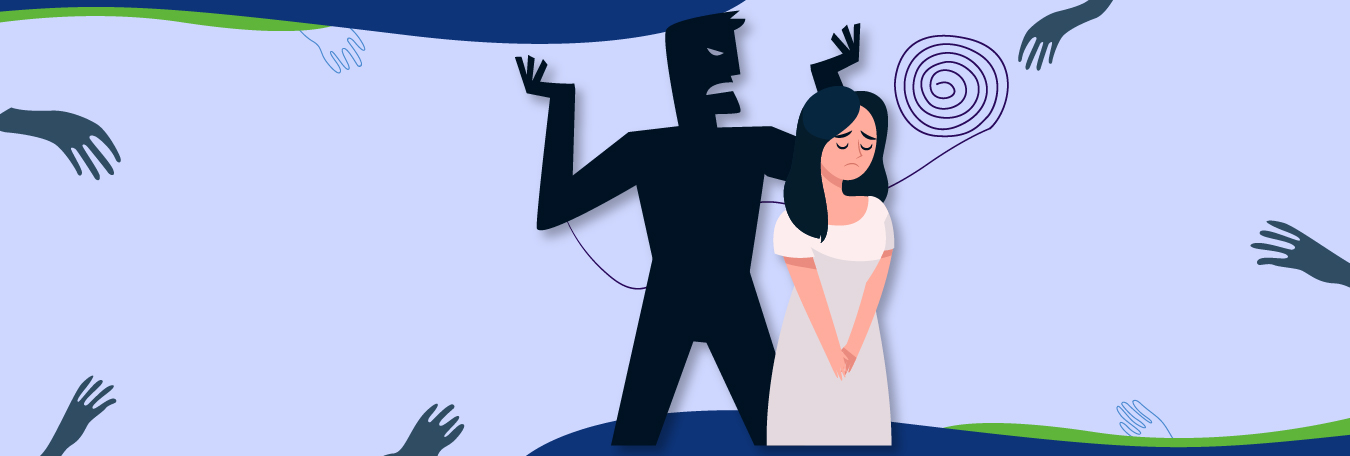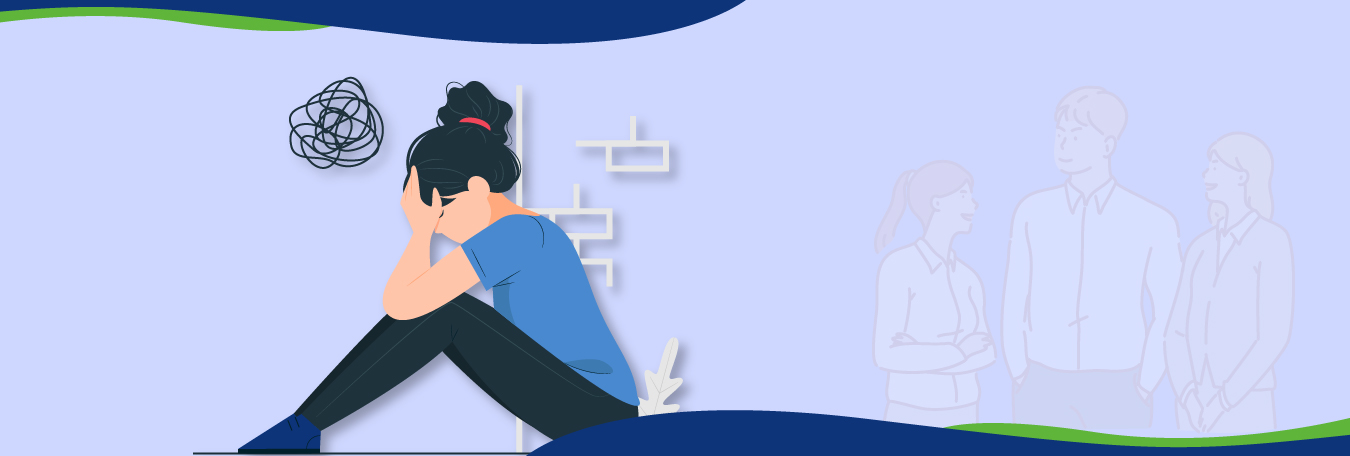Depression and eating disorders often go hand-in-hand. People with one condition are more likely to develop the other.
For example, someone with depression might overeat to feel better about themselves or undereat to feel more in control. Similarly, someone with an eating disorder might develop depression due to the stress and physical demands of the condition.
This article will discuss the connection between depression and eating disorders, can depression cause eating disorders, their symptoms, depression eating disorders, can depression lead to eating disorders, whether stress can cause eating disorders and depression or not, is eating a lot a sign of depression, is overeating a sign of depression, how to stop depression eating, what are common eating disorder from depression, and where to get help. If you or someone you know is struggling with depression or an eating disorder, it’s essential to seek help.
What Is Depression?
Depression is a mental health condition that can affect a person’s mood, thoughts, and behavior. People with depression may feel sad, hopeless, or numb. They may also lose interest in activities they used to enjoy, have trouble sleeping, feel tired, and have difficulty concentrating. Depression can range from mild to severe and can be short-term or long-term.
Common Symptoms of Depression:
- Daily feeling of hopelessness or lack of emotion
- Decrease in the interest or passion for things
- Alteration in the amount of sleep taken (either excessive or inadequate)
- Fatigue or low-energy
- Difficulty concentrating
- Worthlessness or having the feeling that one is guilty of a crime.
- Having ideas about self-harm or suicide (in the worst-case scenario).
Read More: What Is High-Functioning Depression?
What Are Eating Disorders?
Eating disorders are illnesses that involve unhealthy thoughts and behaviors about food, eating, and body weight. There are different types of eating disorders, each with its specific characteristics.
- Anorexia Nervosa: Anorexia is an eating disorder where people eat very little food, leading to extreme weight loss. People with anorexia often see themselves as overweight, even when they are skinny and are constantly afraid of gaining weight.
- Bulimia Nervosa: Bulimia is an eating disorder where people eat large amounts of food in a short period (binge eating) and then try to get rid of the calories by vomiting, using laxatives, or exercising excessively. People with bulimia may not be underweight, but they are often obsessed with their weight and body shape.
- Binge Eating Disorder: This is a condition where people eat large portions of foods within a short time, in private, and they consider it impossible to stop. While people with bulimia can binge and then purge, people with binge eating disorder cannot, but their eating sprees bring them only guilt and shame.
- Avoidant/Restrictive Food Intake Disorder (ARFID): This eating disorder involves an intense fear of certain foods or eating in general. It’s not always about body image. People with this disorder may not eat enough, which can lead to poor health.
Common Signs of an Eating Disorder:
- Contamination, food, weight, or shape obsessiveness
- Lack of appetite
- Changes in body weight or significant weight loss
- Some of the physical symptoms include the following; weakness, hair loss, or even teeth problems as a result of vomiting.
- Required eating in hidden or probing feeling guilty after each meal.
Read More: Is An Eating Disorder An Addiction?
What Is The Association Between Depression And Eating Disorder?
Depression and eating disorders often go together, leading to depressed eating. Here are some reasons why:
-
Emotional Coping Mechanisms
When people feel stressed or depressed, they may turn to food for comfort. Eating can temporarily relieve negative feelings, but it often leads to feelings of shame or guilt. For some, eating can be a way to feel in control when other parts of their life feel out of control. Over time, these unhealthy coping mechanisms can develop into a full-blown eating disorder.
-
Body Image and Self-Esteem
People with depression often have low self-esteem, which can lead to negative body image and unhealthy eating behaviors. They may try to control their weight by eating too much or too little. However, these behaviors can worsen their depression over time.
For example, someone with depression might think that losing weight will make them feel better about themselves and thus adopt the behavior of depression and not eating. They may start eating less and less, but this can make their depression worse.
-
Stress at the Physical and Psychological Level
Both anorexia and bulimia can have serious health consequences, including nutrient deficiencies, hormone imbalances, and other problems like OCD and bipolar disorder. This leads a person to feel too depressed to eat. These physical problems can lead to fatigue, irritability, and other mood changes, which can worsen depression. The stress, shame, and secrecy associated with eating disorders can also contribute to negative thinking and depression.
-
Social Isolation:
Both depression and eating disorders can make people withdraw from social situations. Someone with depression may feel too tired or sad to interact with others. Someone with an eating disorder may isolate themselves to avoid social situations involving food. People with these conditions may feel alone and unsupported, which can worsen their symptoms.
Read More: OCD And Depression: Understanding The Connection
Recognizing the Signs
If you or someone you know is experiencing symptoms of depression and an eating disorder, it’s essential to seek help. Recognizing the signs is the first step toward getting better. Identifying these symptoms can sometimes be challenging, so being patient with yourself is
necessary.

Signs to Watch For:
- Spontaneous thoughts of hopelessness or suicidal thoughts
- The person might skip meals or overeat.
- Obsession with weight or body shape, even if the person is skinny.
- Hasty, rapid, and sudden temper changes, increased quick temper or desire to be alone.
- Low energy, sleeping problems, or more illnesses than average.
- Suicide; parasuicide, or threatened or suicidal communication
Steps Toward Recovery!
It’s tough to recover from depression and an eating disorder, but it’s possible with the proper support and professional help. Here are some essential steps to recovery:
-
Seek Professional Help
The best way to treat depression and an eating disorder is to combine medication and therapy. Therapists, counselors, and dietitians can all help. One type of therapy that can be helpful is cognitive-behavioral therapy (CBT). CBT helps people identify and change negative thoughts and behaviors.
For example, a person with depression and bulimia might work with a therapist to understand the connection between their depression and eating disorders. They can then learn healthier ways to cope with stress and sadness.
-
Build a Support System
It’s easier to recover from anxiety-causing depression and an eating disorder when you have support from others. Family, friends, and support groups can provide encouragement, understanding, and motivation. Talking about your challenges and successes with others can help you feel less alone. You might consider joining a support group or psychotherapy for people with eating disorders or depression. This can be a great way to connect with others who understand what you’re going through.
-
Acquire Virtuous Methods of Handling Stress
Learning new ways to manage emotions is essential for recovery. This can include mindfulness, journaling, reading, drawing, painting, yoga, or walking. These activities can help improve mood and reduce stress.
-
Self-acceptance and Body Positivity
Developing a healthy relationship with your body can take a long time. Negative thoughts about your body can be harmful. Therapy, books, and positive affirmations can help you challenge negative thoughts and develop a more positive body image. Remember, your body is solid and capable of healing. Focus on your health and well-being rather than your appearance.
-
Set Realistic Goals
Recovery takes time. Celebrate small victories, like eating on time, taking care of yourself, or attending therapy. Every step, no matter how small, is progress. Be proud of your achievements, and keep moving forward.
Read More: Symptoms and Causes of Depression – How to Treat Them?
Supporting a Loved One
If someone you care about is struggling with both depression and an eating disorder, here are a few ways you can offer support:
- Listen without judgment: Let them talk about their feelings without trying to fix everything right away.
- Encourage professional help: Inform about therapy or counseling in a non-conventional, friendly manner.
- Avoid focusing on appearance: Compliment them with their personality, intelligence, or other achievements unrelated to their appearance.
- Be patient: It is a long process, and everyone relapses sometimes.
Conclusion: Hope and Healing!
Although depression and eating disorders can be challenging to deal with, it’s essential to know that recovery is possible. You can manage these conditions while feeling depressed after eating and live a whole life with the proper support, treatment, and self-care.
The first step to recovery is recognizing that you need help. Then, find a support system of friends, family, and mental health professionals. Remember, you’re not alone in this journey. Many people have successfully recovered from these conditions, and you can too. So, if you are looking for a reliable telehealth mental health platform to overcome signs of depression and eating depression, then now is the ideal time for you to connect with the Inland Empire Behavioral Group today!




